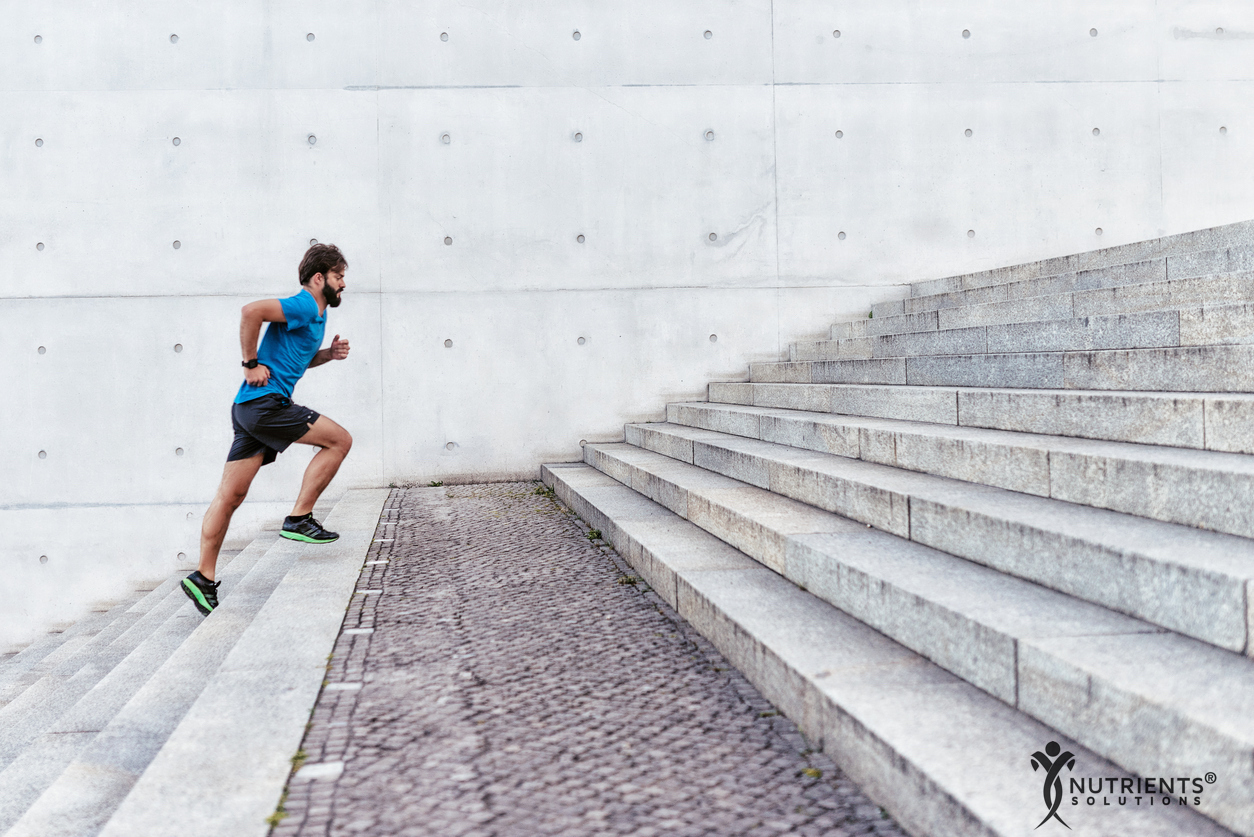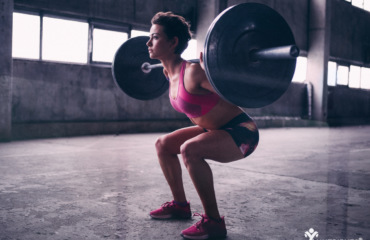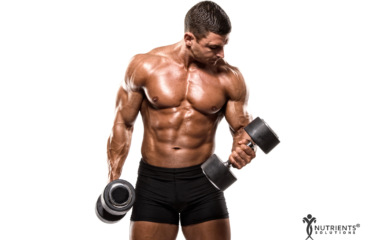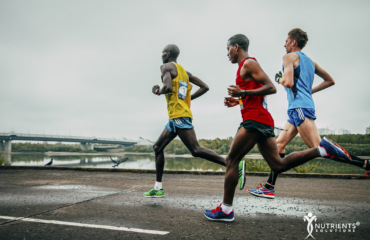Wellness Demystified: We Can Help You Discover Optimum Health
4 Running Essentials Every Runner Needs

Running doesn’t require a great deal of specialist equipment—that’s part of its universal appeal. There are, however, are few pieces of running gear that no one should ignore if they’re concerned with their comfort and performance on the road or the trail. There are also some fads—meaning it can be hard to know what’s necessary and what isn’t. This article highlights the real running essentials that will help you stay comfortable, healthy, and injury-free.
Running is one of the easiest (and cheapest) activities to take up. You could probably use any old clothes you find lying around. However, if you’re not investing in specialist running equipment, then you’re going to see some negative results both regarding performance and comfort. On the other hand, there are also numerous products claiming dubious benefits, so it can be hard to figure out what’s just a fad and what’s essential. In reality, just a few inexpensive additions can make all the difference. Here’s some of the best running gear to buy, if you want to stay comfortable, hydrated, and injury-free every time you lace up.
Technical Fabrics
One of the most critical running essentials is your clothing. While you could wear any old t-shirt and shorts (and indeed, many people do) while running, you’re putting yourself at a significant disadvantage when you wear clothing that is not specifically designed to be active wear. Traditional fabrics such as cotton can feel weighty and suffocating, which can be uncomfortable when you start to work up a sweat, possibly putting you at risk of overheating. Equally, when the temperature drops, natural fabrics probably won’t be up to the task of keeping out the cold. Running garments use cutting-edge mixtures of synthetic materials engineered to wick moisture away, which has the dual benefit of preventing chafing in warm weather and keeping you dry and warm in cold weather.
Running Socks
Running socks are another invaluable piece of running gear. Blisters are a runner’s worst enemy; and if you’re racking up the mileage, you’ve no doubt experienced them at one point or another. While at first, they might just be a little annoying, they can quickly split open and cause agony with every stride if you keep ignoring them. The best way to combat blisters is to prevent them in the first place and to wear proper running socks is a great start. Like the rest of your running clothing, the material is key when it comes to your socks. Cotton socks will retain moisture, leaving you wet and cold in the winter and chafing uncomfortably in the summer. Synthetic blends such as polyester, acrylic, and rayon, or wool blends for cold weather are excellent choices. The best running socks shouldn’t be noticeable at all; if you’re in discomfort, there’s something wrong.
Fluids (and a Way to Carry Them)
Staying hydrated while running is vital. You’re losing moisture whenever you sweat, so you need to take in fluids to replace those lost. Dehydration can affect energy levels and cause a dip in your performance, not to mention risking your health if you’re going on longer runs of more than an hour or so. You’ve got to ensure you’re drinking the right fluids; the cheapest, lowest-calorie and most effective option is, of course, water. For longer runs, isotonic sports drinks can also be effective, since they contain electrolytes, which help with water absorption and keep your body functioning at its peak. They also help replace lost sodium and other minerals lost via sweating. Drinking too much though can also be potentially dangerous. Drinking for thirst is a good rule, when out for a run.
Of course, if you’re going on a run long enough to need fluids, then having to hold on to a bottle can be a bit of an inconvenience and distraction. Luckily, there are several running accessories to make your life easier, from simple bottles with a strap you can secure to your hand, to hydration belts worn around the waist, and backpacks filled with fluid that can be accessed via a tube for on-the-go hydration.
A Watch
While some people might be happy to get off the couch and aren’t too fussed about their times, if you’re a bit more serious about your performance, and making improvements, then a watch is a running essential that you should strap on every time. You could opt for something with extra functions such as heart- rate monitors, lap splits, and much more, but the prices for specialist running watches can be on the expensive side. A simple device for timing your run is all that’s needed, so as long as your watch is accurate, that’s all that matters. Obviously, steer clear of your dressier work watches and choose something a little more robust.
See What You Need
Everyone is different, and what is necessary will differ widely from one runner to the next. Broadly though, these pieces of running gear are required for the majority of people who want to improve comfort and performance on the road or the trail. Depending on your location, gender, or level, there might be other specialist running essentials that you require. The way to find this out is to go for a run and see how your body reacts. After a while, you’ll have a better idea what equipment will make your life easier.
© 2019 Nutrients Solutions, LLC. All rights reserved. Disclaimer: The information provided is for educational purposes only and does not constitute medical advice. Always seek the advice of your physician or qualified healthcare provider with any questions or concerns about your health. Check with your doctor before beginning any exercise program. Never disregard or delay seeking medical advice because of something you have heard or read in this article or the internet.












